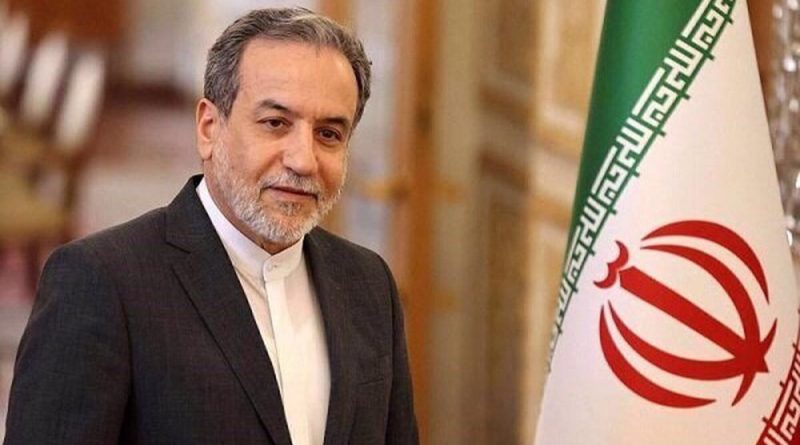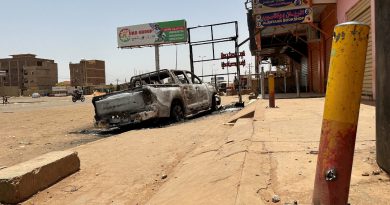Iran to Submit Counter-Proposal to U.S. via Oman Amid Nuclear Standoff
Tehran — Iran announced Monday that it will soon submit a counter-proposal to the United States through Oman, rejecting the latest American offer in ongoing nuclear negotiations as “unacceptable” and not reflective of prior diplomatic understandings.
Speaking at a weekly press briefing, Iranian Foreign Ministry spokesperson Esmaeil Baghaei emphasized that Tehran’s new proposal will be “reasonable, logical, and balanced,” and will seek tangible assurances before any sanctions relief is implemented.
“The U.S. proposal is not acceptable to us. It does not reflect the outcome of earlier negotiations,” Baghaei said. “Our counter-proposal will be delivered via Oman once finalized. Before the lifting of sanctions, Iran must be assured of real economic benefits, particularly in banking and trade.”
The U.S. proposal — reportedly presented in late May — was criticized by Iranian officials for failing to resolve key disputes, including uranium enrichment levels on Iranian soil, the shipment of enriched uranium stockpiles abroad, and the reliability of sanctions relief.
Diplomatic sources suggest Tehran’s response will be negative in tone, reinforcing Supreme Leader Ayatollah Ali Khamenei’s position that Washington’s approach runs counter to Iran’s national interests. Last week, Khamenei vowed that Iran would continue enriching uranium domestically, a move Western powers fear could inch the Islamic Republic closer to weapons-grade capability.
Talks Without a Date
Baghaei confirmed that no date has been set for a sixth round of nuclear talks between Tehran and Washington. The negotiations, aimed at reviving a framework akin to the 2015 Joint Comprehensive Plan of Action (JCPOA), have stalled repeatedly amid mutual distrust.
The 2015 pact was unilaterally abandoned by then-U.S. President Donald Trump in 2018, who reimposed sweeping economic sanctions on Iran. In retaliation, Tehran began expanding its nuclear activities, enriching uranium far beyond the limits set by the agreement.
Iran maintains that its nuclear program is entirely peaceful and within the framework of the Non-Proliferation Treaty (NPT), accusing the West of double standards by ignoring Israel’s undeclared nuclear arsenal.
Israel in Focus
In a pointed rebuke, Baghaei called on the international community to address Israel’s alleged nuclear weapons capabilities, framing the issue as a necessary step for regional disarmament.
“We urge the global community to compel nuclear disarmament upon Israel,” he said. “The same countries questioning Iran’s peaceful program are actively enabling Israel’s military nuclear build-up.”
He further hinted at the imminent release of what he termed “sensitive Israeli documents,” which Tehran claims will expose efforts by Israel to obstruct the negotiation process and bolster its own undeclared nuclear program.
“The negotiating parties must not allow Israel to sabotage diplomatic progress,” Baghaei added.
Regional Implications
As diplomatic efforts teeter between stalemate and collapse, the broader Middle East remains on alert. Tehran’s defiance, coupled with its demand for verifiable economic normalization, suggests any deal will be hard-won and slow-moving.
Meanwhile, Israel has neither confirmed nor denied possessing nuclear weapons, maintaining a policy of deliberate ambiguity. It has also strongly opposed renewed U.S.-Iran talks, urging Western allies to maintain pressure on Tehran.
With Oman once again serving as the quiet mediator, all eyes now turn to whether Washington will view Iran’s pending counter-proposal as a bridge toward détente — or another breakdown in a decade-long diplomatic saga.



